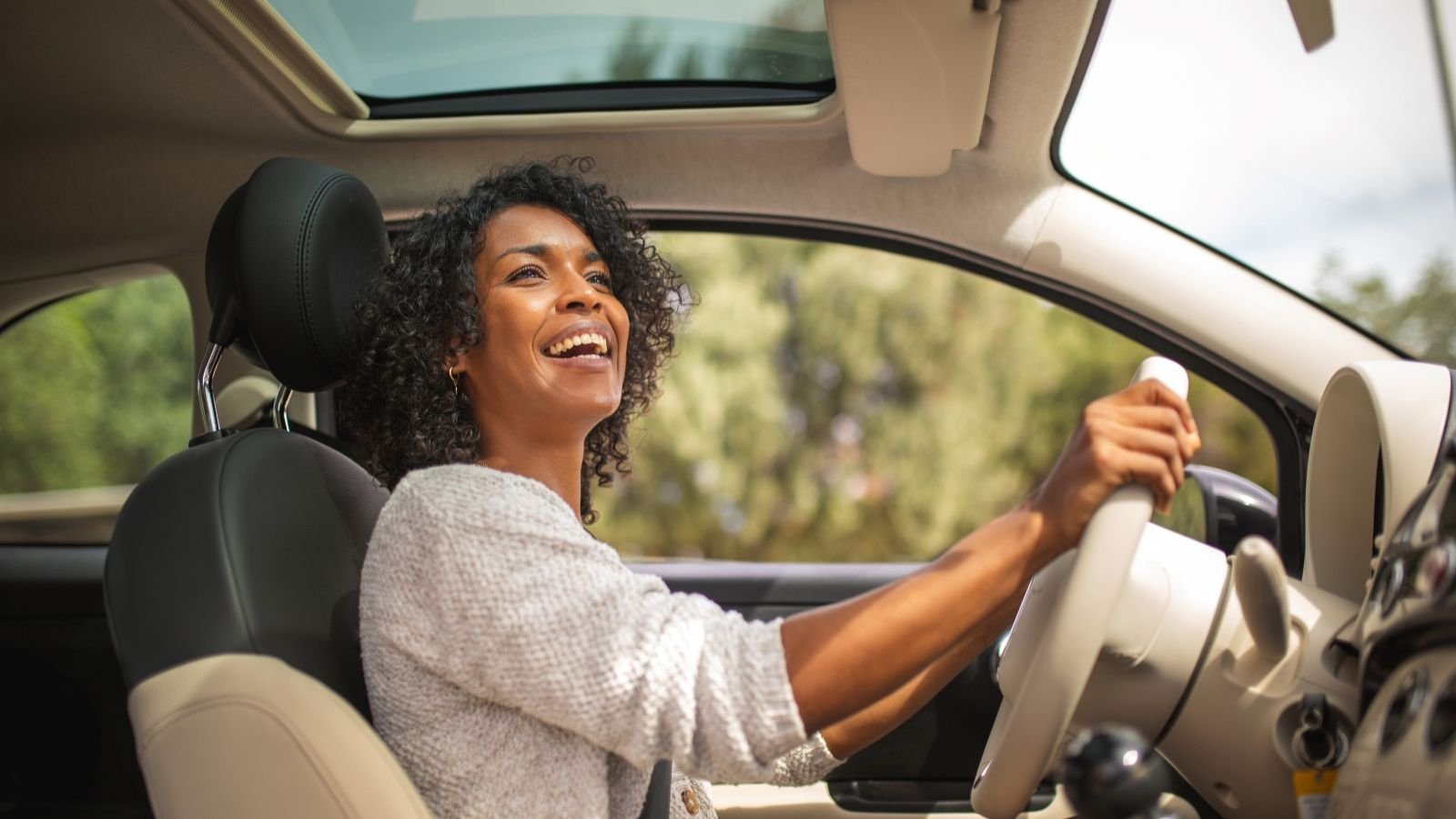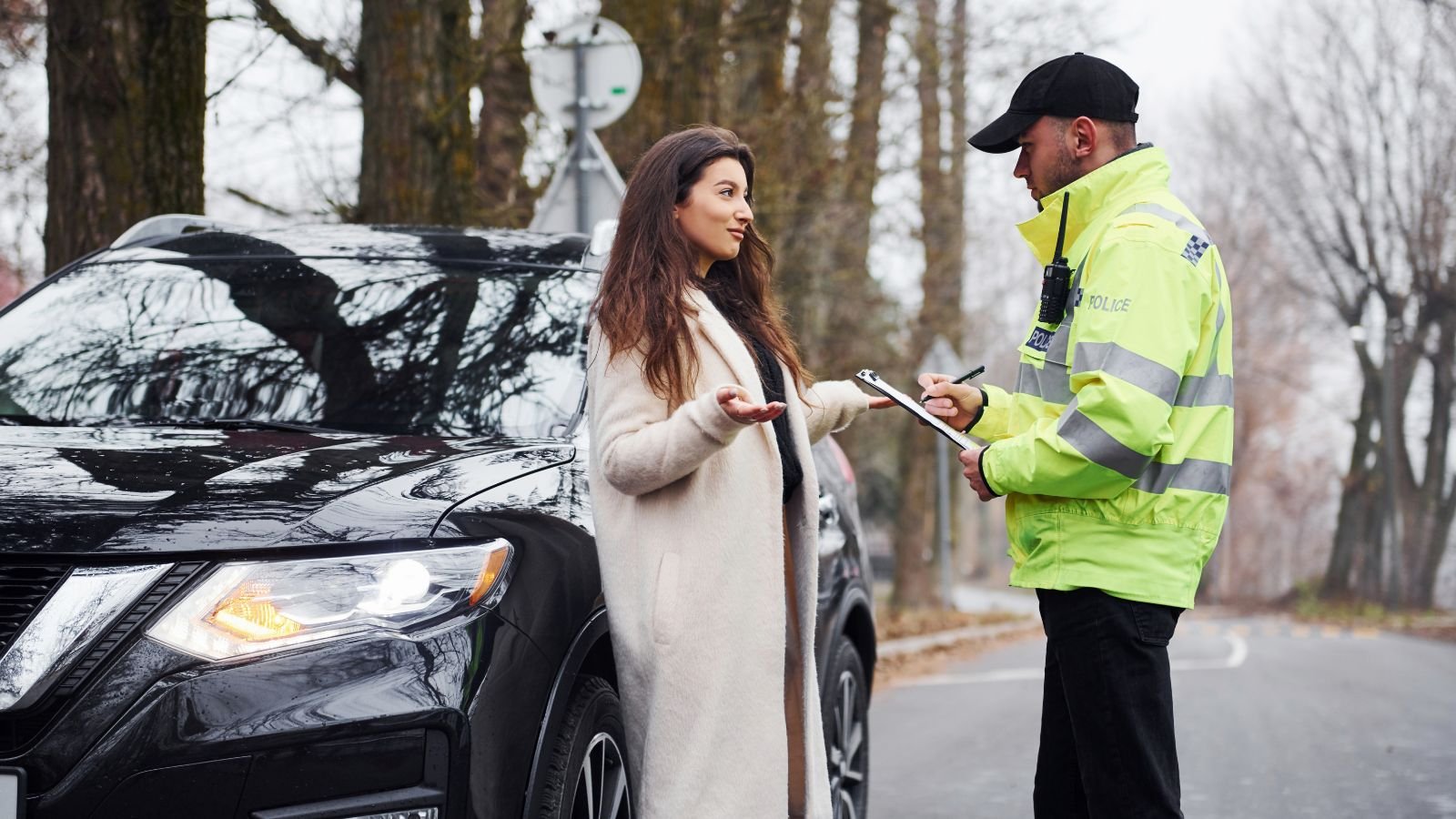Imagine you’re driving down the road and suddenly see flashing lights in your rearview mirror or a person standing in the middle of the road. Getting pulled over can skip your heart a beat.
In the heat of the moment, you might feel obligated to answer every question the officer throws your way. There might be a better solution at such times. Instead of getting entrapped in explanations, you can ensure a smoother interaction by focusing on what needs to be said. Here are some of the questions that can be avoided or outrightly denied to be answered.
Question of overspeeding

What will you do if you land on a question like “Do you know how much speed were you driving your vehicle”. While you might have the urge to confess an obvious offense, lawyers advise against directly admitting violations if your car is pulled over.
Such admissions can significantly weaken your position if you decide to contest the citation later. Instead, maintain respectful behavior and acknowledge the police officer’s inquiry.
For example, if you’re pulled over for speeding, you can simply respond with, “I understand you may have concerns about my speed. May I ask the reason for the stop?” This approach avoids the chances of self-incrimination while being cooperative with the officer.
Details about where are you coming from

Questions like “Where are you going or where are you coming from” are beyond the scope of traffic inquiry, unless there is any specific reason for such questioning. As a driver or passenger, you are restricted to the questions regarding your car and driving like, your license, car registration papers, Insurance, and pollution papers. There is no relevancy in any personal questions and such questions can be denied to be entertained.
Consuming alcohol and drugs

Consuming alcohol or drugs while driving or driving a car afterward, in itself is a crime and the driver should refrain from such intoxication. Such questions are very general questions that may be asked during traffic stops, but you should avoid such questions if you’re not driving intoxicated, as such questions may land you in trouble. If you haven’t been drinking, it’s fine to deny such questions, but if you have, the best way is to stay silent and not say anything that could get you in trouble.
Consent to searches

There is no such law in the United States (“US”) allowing police officers to ask a car driver for random searches. Refusing does not imply that you are guilty of any offense. Any warrantless searches of the vehicle and any person are not allowed. Unless there is any probable cause for such a search, you can politely deny such a request.
Random question of reason to pull over

Any such question like, “Do you know why I pulled you over”, can be a double-edged question that can end you up in trouble. This question can be a trap incriminating yourself. The Fifth Amendment to the US Constitution provides you the protection against self-incrimination. Therefore, under such protection, there is no obligation to answer questions that might be a part of self-incrimination. Any uncertain answers like maybe for speeding or driving without a license, could be misconstrued as an admission. Therefore, it is recommended to politely wait for the police officer to explain the reason for the stop. This approach safeguards your rights and avoids any potential pitfalls.
Question on possession in the car

The seemingly simple question, “What’s in your car?” can have many turns and be a trouble one for drivers. The Fourth Amendment to the US Constitution protects against unreasonable searches and seizures. The law generally requires probable reason or warrant to search your vehicle. However, there are certain exceptions. Police officers may search to arrest you if there is any violation or any other reasonable cause. Additionally, some states have laws requiring the disclosure of firearms in vehicles. A person should be well aware of their state laws.
Legal possession of the vehicle

Identification request is the most general question that an officer is likely to ask during traffic stops. However, ownership of the vehicle is not a general question to be asked unless there is any hit-and-run charge on the vehicle’s driver or any such incidents. Cooperating with such requests is a must in such cases, while you may avoid ownership questions in a general sense. This is a very non-harmful question unless you add an extra piece of information to it. Such an extra piece of question may end you up in trouble if such is a twisted question thrown upon you.
“Are you nervous?”

This question in itself is an intimidating one that needs to be answered with wittiness. While you’re being stopped by the police officer, this is the first feeling that might come to a person. Sometimes, this can pose a problem for you, such a feeling might make you feel suspicious and agitated. This question should be tackled wisely by admitting that this is a general feeling that might come while you’re being stopped by a person of authority.
Checking your personal belongings

In such a digital age, our mobile phones or social media hold a lot of personal information which are considered private property. The Fourth Amendment safeguards against unreasonable searches and seizures. Your phone and other personal belongings generally fall under this protection. There is no authority with traffic police to check your personal belongings unless they have a warrant for the same. You can politely deny such a demand and further, ask them the reason for such a question. This means officers cannot search your phone without a warrant unless they have reasonable cause to believe it contains evidence of a crime.
Questions about past offenses

Drivers in the US are only obligated to provide basic identification information such as driver’s license, insurance papers and registration certificate etc., during a traffic stop. The Fifth Amendment of US Constitution gives right against self-incrimination protecting individuals from answering any questions that could be self-incriminating. This includes inquiries about one’s past arrests or criminal history, which are not relevant to the purpose of the traffic stop. You can always politely nudge such questions to avoid the unwelcoming threat.
